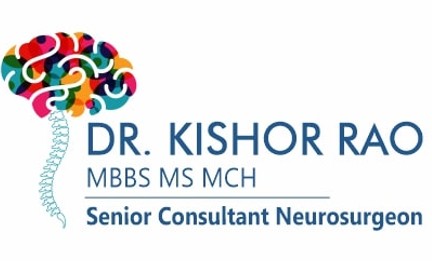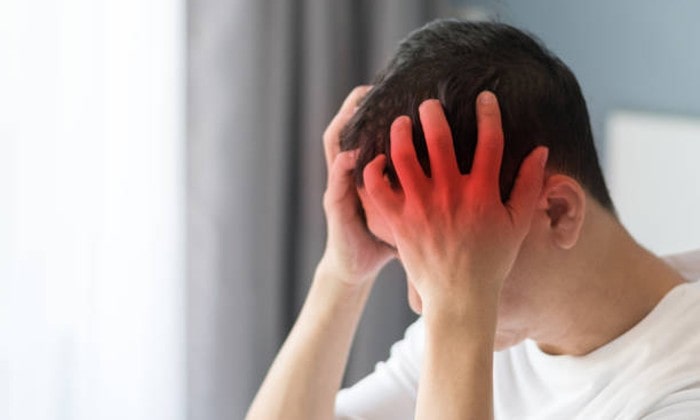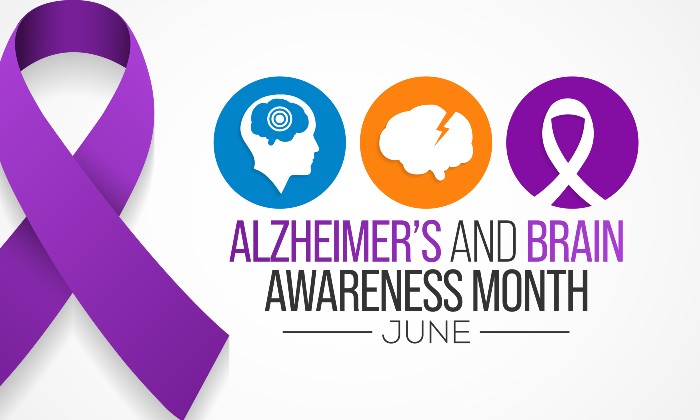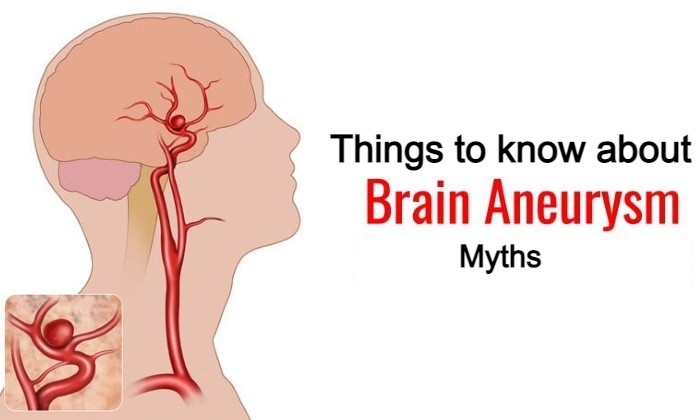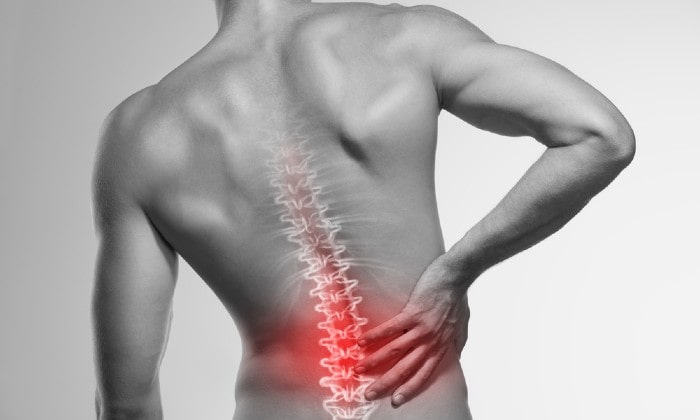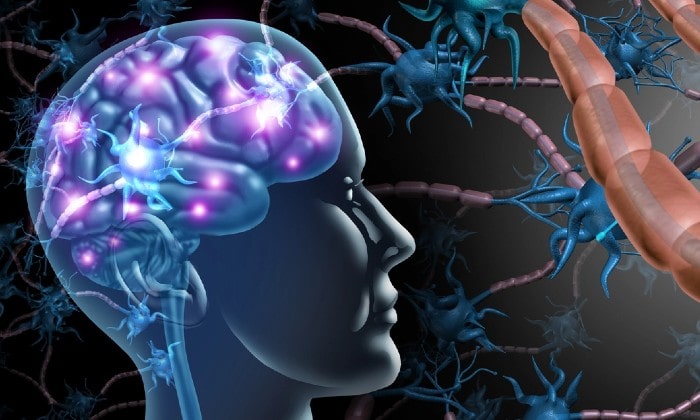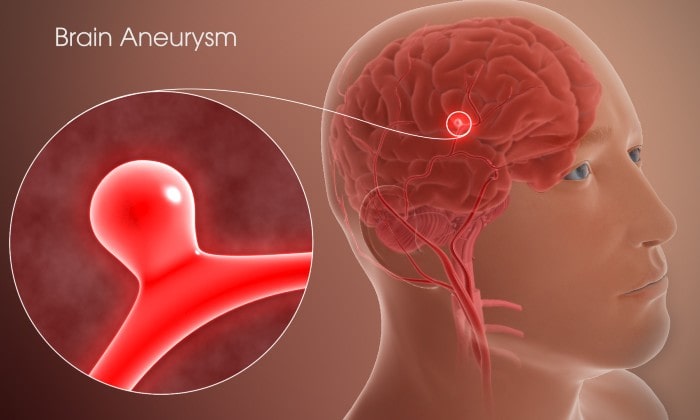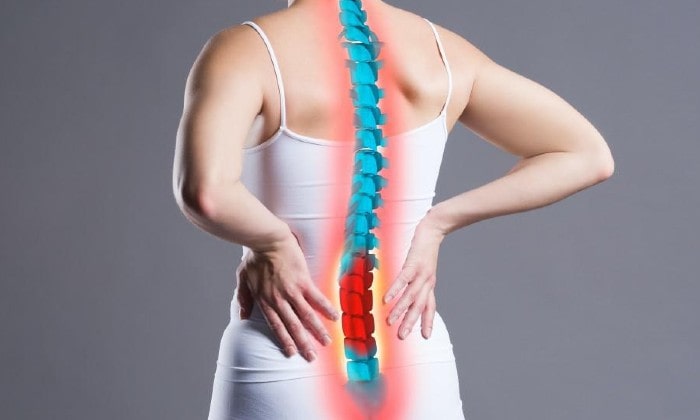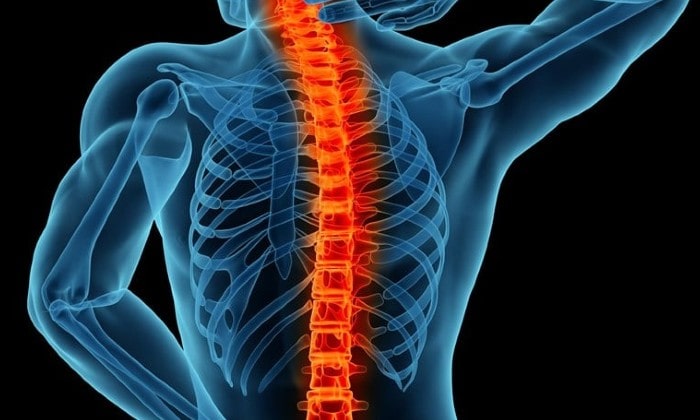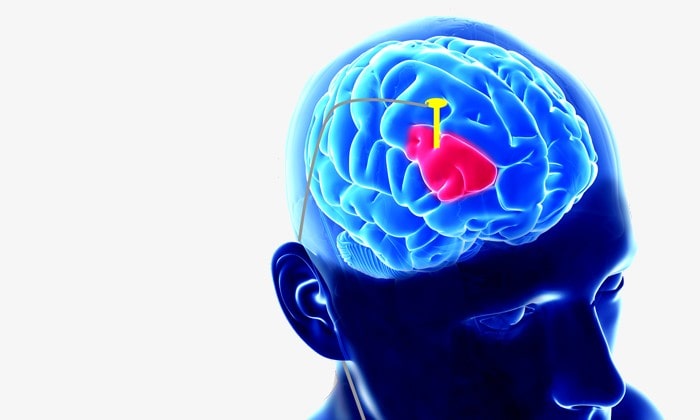Brain stroke
Brain stroke is one of the leading causes of death and disability worldwide.
3 Types of brain stroke
- 1. Ischemic stroke (most common)
- 2. Hemorrhagic stroke
- 3. Transient ischemic attack (TIA)
The most common type of stroke is Ischemic stroke which is responsible for ~85% of total strokes. It happens when blood flow through the vessel carrying oxygen-rich blood to the brain becomes blocked.
A hemorrhagic stroke happens when a blood vessel in the brain ruptures, leading to a collection of blood in the brain tissue, causing pressure and ultimately damaging brain cells. Uncontrolled blood pressure is the most common cause of this type of stroke.
A transient ischemic attack is sometimes called a "Mini Stroke." Symptoms of TIA or Mini stroke are short-lasting and usually resolve spontaneously without treatment within a few minutes to a maximum of 24 hours. TIA is a warning sign that a stroke may occur shortly. More than a third of patients who have TIA and do not seek treatment have a major stroke within a year.
Signs & symptoms of brain stroke
Symptoms of stroke depend upon the area of the brain affected by lack of oxygen supply or hemorrhage. Symptoms usually develop suddenly and most commonly affect one side of the body.
Some common symptoms of a stroke are-
- Weakness or numbness of the face, arm, or leg
- Change in speech or unable to speak or understand
- Facial deviation
- Dizziness, vomiting, unable to make balance during walking
- Sudden onset vision loss
- Sudden and severe headache
If anyone observes the above symptoms, seek medical help as fast as possible.
Risk factors for stroke
- High blood pressure
- Diabetes
- Heart disease
- Obesity
- Physical inactivity
- Smoking
- Heavy alcohol drinking
- High cholesterol
- Family history of stroke
- Age (> 55 years)
However, stroke can occur at a young age. Also, the majority of strokes occur in the elderly. With advancing age, the chances of having a stroke also increase.
Treatment of brain stroke with Dr. Kishore Rao
A stroke is a medical emergency because a stroke can lead to death or permanent disability if not treated early. In the case of ischemic stroke, once the ischemic process sets in, there is a progressive loss of brain cells with the passage of every minute. Early restoration of blood supply to the ischemic brain will prevent further neuronal loss and favor overall good recovery.
Treatment options are available to restore blood supply in the case of ischemic stroke, but treatment must be started in the first few hours of stroke onset. So whenever a stroke is suspected, the patient must be shifted immediately to a well-equipped hospital.
Thrombolytic therapy (clot-busting drug) can be administered only in the first 3 to 4.5 hours of stroke onset. It helps re-establish the blood supply and saves brain tissue from becoming dead.
An interventional procedure known as "mechanical thrombectomy" can also be performed to retrieve the clot from an occluded blood vessel in selected stroke patients in the first 6 to 24 hours.
Prevention
Some lifestyle modifications can help prevent strokes. They are equally important for patients who have already had a stroke to prevent another stroke in the future.
- Controlling blood pressure, diabetes, and cholesterol
- Eating a healthy diet
- Regular physical activity
- Quitting smoking
- Managing stress
A stroke might occur due to a variety of reasons, but here are the three leading causes of stroke:
- Blood Clots:
Blood clots are formed in the brain's arteries or are included in the blood vessels. These then break off and travel where they might enter the narrow lanes of the brain. Here, they restrict blood flow to the part of the brain supplying blood by that artery, leading to a stroke. This leads to the loss of function of the body part controlled by the brain region. - High Blood Pressure:
High blood pressure or hypertension may cause the brain's blood vessels to rupture or tear. The spilled blood damages the adjacent brain cells leading to cell death and loss of functions of the corresponding body parts. - Other Factors:
Other factors such as a traumatic brain or neck injury, certain medications, and weakness in the internal walls of our arteries and veins also increase the risk of stroke.
The best way to avoid stroke is to control the formation of unhealthy cholesterol and exercise regularly to keep ourselves fit and healthy. All means of maintaining blood pressure must be undertaken.
- Diet is one of the most critical factors in keeping us healthy and fit.
- Exercise regularly to keep your body fit and healthy. Exercise not only helps lower blood pressure levels but also reduces stress in the long run, which reduces the risks of a stroke.
- Smoking dramatically increases the risk of blood clot formation.
- Alcohol intake increases blood pressure, which leads to a stroke. Avoid alcohol intake or drink in moderation no more than twice a week.
A preventable stroke can be avoided by following these lifestyle modifications. Let's spread awareness about the causes of stroke and promote healthy living.
Consult Best Doctors for Stroke Treatment in Bangalore Dr. Kishor Rao - Senior Consultant Neurosurgeon
